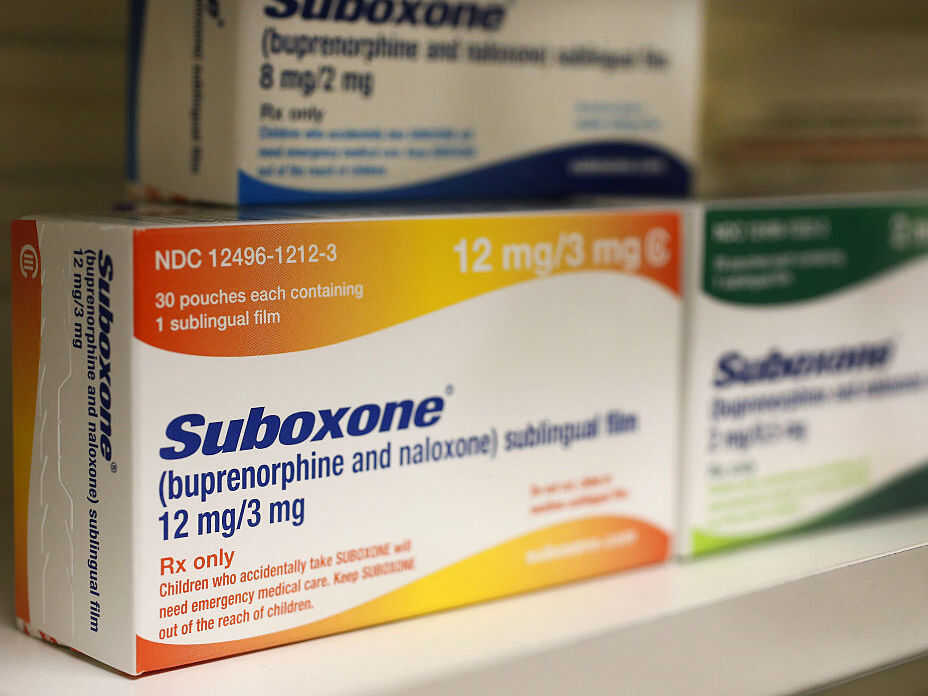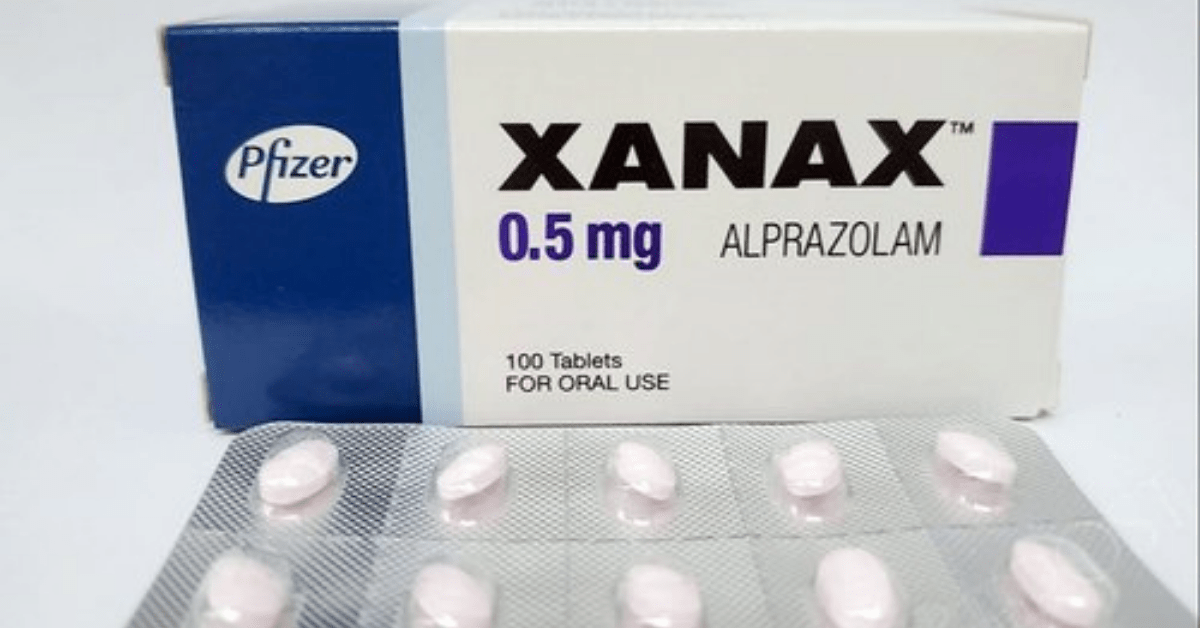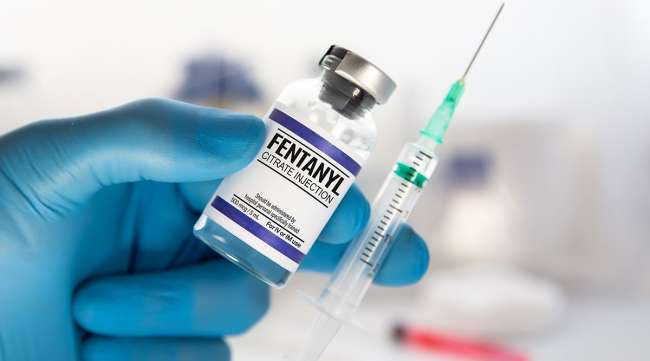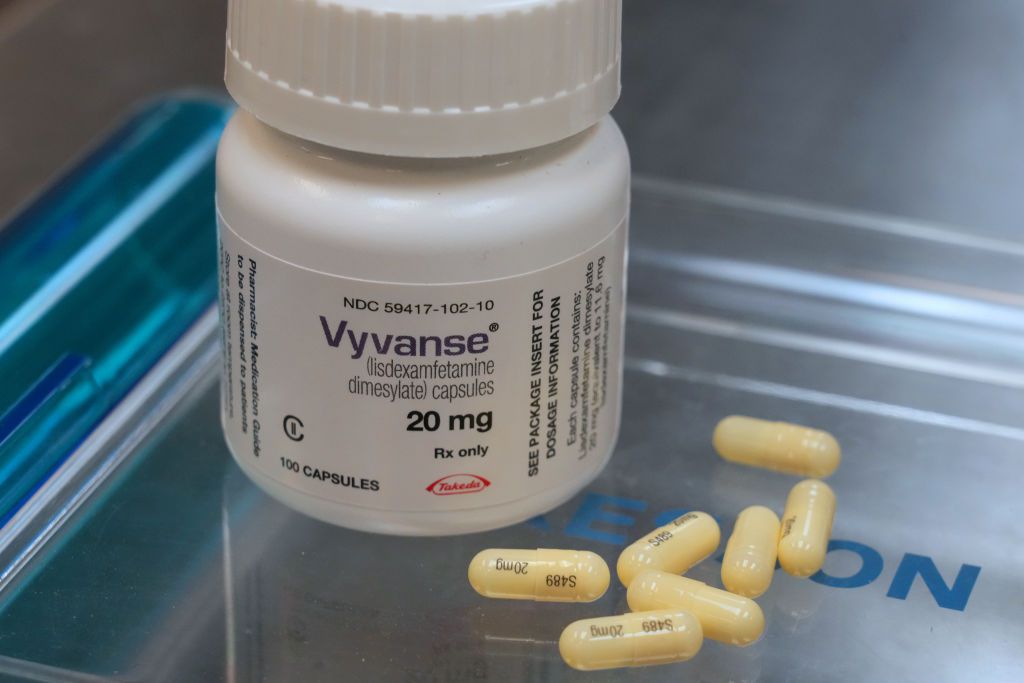
Detoxification from methamphetamines, commonly known as meth, is a critical process for individuals struggling with addiction to this powerful stimulant. Methamphetamine abuse can have devastating effects on a person’s physical, mental, and emotional well-being. Detox is the first step towards recovery and breaking free from the grips of addiction.
Detox from methamphetamines is a challenging and often uncomfortable process that involves the removal of toxins from the body. This process can be physically and emotionally taxing, but it is a crucial step towards achieving sobriety. Detoxification from methamphetamines should be done under the supervision of medical professionals to ensure safety and minimize the risk of complications. In this post we will discuss methamphetamines, how they affect the brain, addiction to the drug and the detox process.
What is Methamphetamine?
Methamphetamine (contracted from N-methylamphetamine) is a potent central nervous system (CNS) stimulant that is mainly used as a recreational drug and less commonly as a second-line treatment labeled by the FDA as Desoxyn for attention deficit hyperactivity disorder and obesity. Methamphetamine was discovered in 1893 and exists as two enantiomers: levo-methamphetamine and dextro-methamphetamine. Methamphetamine properly refers to a specific chemical substance, the racemic free base, which is an equal mixture of levomethamphetamine and dextromethamphetamine in their pure amine forms, but the hydrochloride salt, commonly called crystal meth, is widely used. Methamphetamine is rarely prescribed over concerns involving human neurotoxicity and potential for recreational use as an aphrodisiac and euphoriant, among other concerns, as well as the availability of safer substitute drugs with comparable treatment efficacy such as Adderall and Vyvanse. Dextromethamphetamine is a stronger CNS stimulant than levomethamphetamine.
The Growing Problem of Methamphetamine
The use of amphetamines, particularly methamphetamine, has been increasing and spreading eastward from its endemic centers in the western and southwestern parts of the United States. The use and effects of methamphetamine command increasing attention from researchers and drug treatment professionals, as well as from drug enforcement officials and state and national legislators. Using the University of California’s MELVYL MEDLINE database, a search for journal articles indexed under “methamphetamine” reveals a doubling of the number of articles from the year 1990 through the year 2000. One hundred six articles are indexed for 1990, whereas 212 articles are found for 2000. From 1994 to 2000, the number of underground methamphetamine labs that were seized by the U.S. Drug Enforcement Agency (DEA) increased 590%, with 6,394 lab seizures reported. Similarly, the amount of the drug seized by the DEA also increased, from 289 kg in 1996 to 3,163 kg in 2000. Several acts of national legislation, such as the Comprehensive Methamphetamine Control Act of 1996 and the Methamphetamine and Club Drug Anti-Proliferation Act of 2000, have focused specifically on the growing problem of methamphetamine abuse.
How do Methamphetamines Effect the Brain?
The cognitive and emotional effects that can occur as a result of long-term meth use continues to expand based on research, which indicates that the following cognitive areas are significantly affected by chronic meth abuse:
Attention: “Attention” is a broad term that encompasses many brain functions, and various aspects of both attention and concentration can be adversely affected by chronic meth use. This is the result of damage that occurs to neurons in the brain’s frontal and prefrontal cortex. Chronic issues with the ability to focus, switch focus, and concentrate for prolonged periods of time often persist even after extended abstinence.
Problem-Solving and Judgement: Judgment and problem-solving are general terms used to describe many different complex cognitive functions. The damage that results from meth abuse affects a person’s ability to suppress impulses, and this may reduce his or her ability to exert sound judgment and solve problems. The severity of this dysfunction varies between individuals, with some becoming rather impulsive and needing considerable assistance in controlling their behavior, whereas others may have more mild deficits.
Memory: Research has shown that the ability to encode and recall information is significantly decreased in both animals and humans following chronic meth abuse.
In an article published in the scientific journal Synapse, researchers at the University of Florida discovered that crystal meth use left users with long-term memory loss. These results only followed animal subjects for three weeks after they stopped consuming meth, so no one knows for sure exactly how long the memory impairments will persist. The impairments may be irreversible, or they may slowly improve over time.
Problems with Movement: The damage that occurs the neurons in white matter tracts in the brain is also linked to changes in motor functions, including reaction time, coordination in complex skills, and basic functions such as walking.
Emotional Control: Related to problems with impulse control is a person’s ability to regulate and control emotional states. People who have chronically abused meth may exhibit any number of emotional issues, such as mood swings, chronic depression and apathy, a loss of motivation, aggressiveness and hostility, irritability, and self-harming and suicidal behaviors. These effects reflect both the reduction of neurotransmitters and the structural damage that occurs as a result of chronic meth use.
Addiction to Methamphetamines
Many people become addicted to methamphetamine after their first exposure to the drug. The flood of dopamine is responsible for the rush people feel, and the sensation is hard to stop wanting to replicate. Those overwhelming feelings of excitement and pleasure offer a unique sense of release and relief that is easy to achieve. Many people become addicted to meth because of the way it increases the ability to function short-term. Before long-term damage is apparent, many people become addicted. The more a person uses meth, the less common euphoric effects become. They may use higher and higher doses to relive the first experience. Tolerance is building during this time, and the brain and body are tolerating higher and higher levels of dopamine and methamphetamine. They attempt to regulate the number of hormones and neurotransmitters produced so the body can function. This helps people maintain a level of homeostasis through down-regulation. Dopamine receptors back down from the bombardment of dopamine. If dopamine gets too low, the body receives feelings of withdrawal, including depression, apathy, and more serious psychological issues.
Detoxification from Methamphetamines
Physical Withdrawal Symptoms: Detox from methamphetamines can trigger a range of physical withdrawal symptoms, including fatigue, muscle aches, increased appetite, and insomnia. These symptoms can be intense and uncomfortable, making it difficult for individuals to resist the urge to use meth again to alleviate the discomfort. Medical supervision during detox can help manage these symptoms and provide support to individuals going through withdrawal.
Psychological Effects: In addition to physical symptoms, detox from methamphetamines can also result in psychological effects such as anxiety, depression, and mood swings. These mental health challenges can be overwhelming for individuals trying to break free from addiction. Therapy and counseling during detox can help individuals process their emotions and develop coping strategies to manage psychological symptoms.
Relapse Prevention: Detox is just the first step in the journey towards recovery from methamphetamine addiction. It is important for individuals to receive ongoing support and treatment to prevent relapse and maintain sobriety. After detox, individuals may benefit from participating in a residential treatment program, attending support groups, and receiving individual therapy to address the root causes of their addiction and develop healthy coping mechanisms.
In Conclusion
Detox from methamphetamines is a challenging but essential step towards overcoming addiction and reclaiming one’s life. It is important for individuals struggling with methamphetamine addiction to seek professional help and support during the detox process to ensure safety and success. Through a combination of medical supervision, therapy, and ongoing treatment, individuals can detox from methamphetamines and work towards long-term sobriety and well-being.
If you or someone you know is struggling with substance abuse, give Genesis Medical Detox a call today and get started on the path of successful recovery. We have a proven track record of helping hundreds of people to achieve happiness and success through long-term abstinence.









